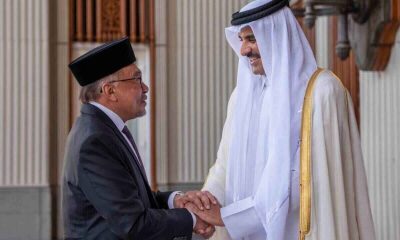As the public and private sectors join hands to increase diversification away from fossil fuels, the Gulf Cooperation Council countries must focus on In-Country Value (ICV) programmes to maximise economic and human capital development in a post-oil future, according to Efficio.
A global leader in ICV, procurement and supply chain management, Efficio has worked for over a decade to help establish holistic ICV development programmes in the region. ‘Now’ is a pivotal time for the GCC as it is set for a crucial 12 months in progressing its ICV programmes.
GCC – A Global Leader In Understanding The Value Of ICV
ICV programmes were initially created to improve workplace nationalisation, ensuring investment was utilised for the development of a country’s own talent pool and resources.
Over time, they have evolved into total value programmes that encompass a number of factors to improve diversity and efficiency, while also helping with considerable social development.
Today, comprehensive programmes encompass a wide range of strategic initiatives, such as attracting local and foreign investments, developing local supplier capabilities and building a future proof-workforce through diligent training and internship programmes.
“GCC [has] historically been a global leader in understanding the value of ICV,” Efficio VP and Mena regional head, David Mooney, said. “We have worked” in close coordination with public sector leaders in the UAE and Saudi Arabia to establish successful ICV programmes.
Leveraging ICV To Grow And Diversify Economy
The Gulf countries are currently navigating an interesting period. The challenge now is how to leverage ICV as a tool in order to turn into global leaders in rapidly evolving industries.
Saudi Arabia has already leveraged ICV to grow and diversify its economy, while creating new jobs for nationals and encouraging the arrival of foreign investment and talent.
Also Read: GCC undersecretaries of education discuss collaboration
In the coming year, ICV policy will be a key focus for all GCC leaders, Mooney added. While ICV programmes have undoubtedly helped create opportunities for new businesses and careers for nationals, the next phase for the region is to evolve ICV policies that are a milestone globally.






















